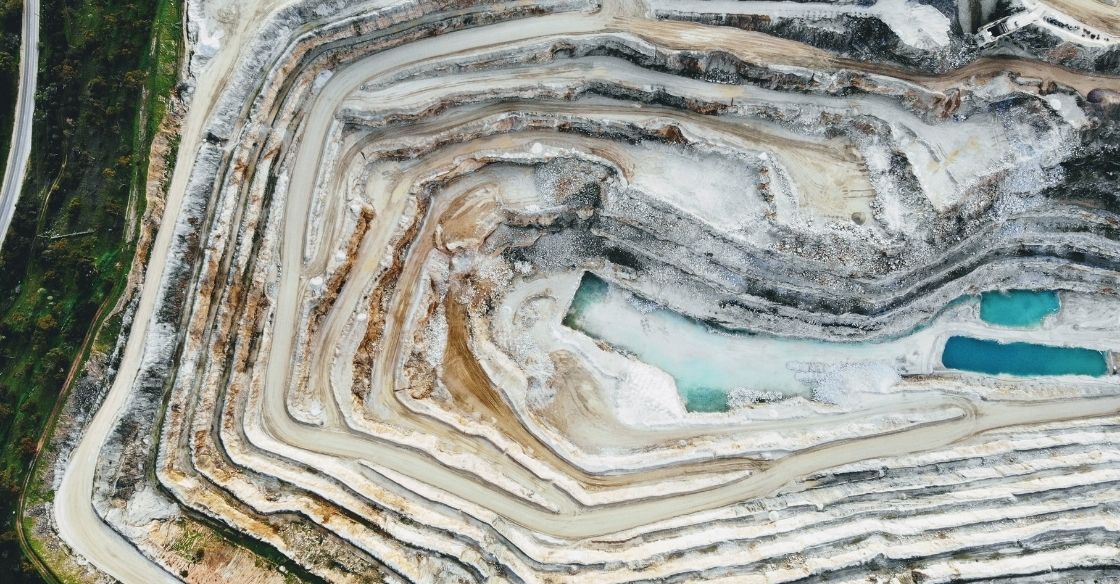Conflict Minerals : a Pivotal Role in Corporate Social Responsibility
Last month the GAO published its 2017 conflict minerals report. At first glance, the findings may not appear to be earth-shattering given the fact that disclosures have not varied significantly over the last several years.
I believe this trend is because not only issuers, but their suppliers have become better at tracing their supply chains. Suppliers are more comfortable with the data that is being requested and now have experience figuring out where to get it. I also believe it indicates that even though there was some confusion for a bit as to whether Dodd-Frank section 1502 would be repealed and whether enforcement would be curtailed - these issues coupled with the other policies of our current administration didn’t significantly influence reporting. This is likely because conflict minerals due diligence has matured beyond a compliance issue. It is fully integrated into overall social responsibility policies and practices of businesses, globally.
Including Due Diligence on Sexual Violence in CSR
The GAO report reminds us, however of the true mission behind DF 1502. Of note, is the inclusion of sexual violence data obtained from Uganda and Burundi Demographic and Health Surveys in the GAO report. 22 and 23% of women in Uganda and Burundi respectively reported being victims of sexual violence at some point in their lifetime. The violence is not exclusive to women as 9% and 6% of men in Uganda and Burundi respectively also reported being victims of sexual violence at some point in their lifetime.
The report, as in previous years, also references case file data regarding sexual violence in the DRC and Burundi. While the report acknowledges that case file data is limited in terms of its use to estimate overall rates of sexual violence, it adds insight to target populations and those perpetrating the violence. From my perspective, this serves as a good reminder of the value of these types of requirements and that the intent is to stymie the severe human rights abuses, including sexual violence, being committed by armed groups that profit from the exploitation of tin, tungsten, tantalum and gold mining in the DRC and adjoining countries. The fact that the GAO report continues to include data on sexual violence in the region, to me, signifies this is growing well beyond a commodities management issue and expanding to a broader commitment to the protection of human rights.
For further reading - check out the Bloomberg article here regarding the GAO report.
Learn more about conflict minerals due diligence, here.


